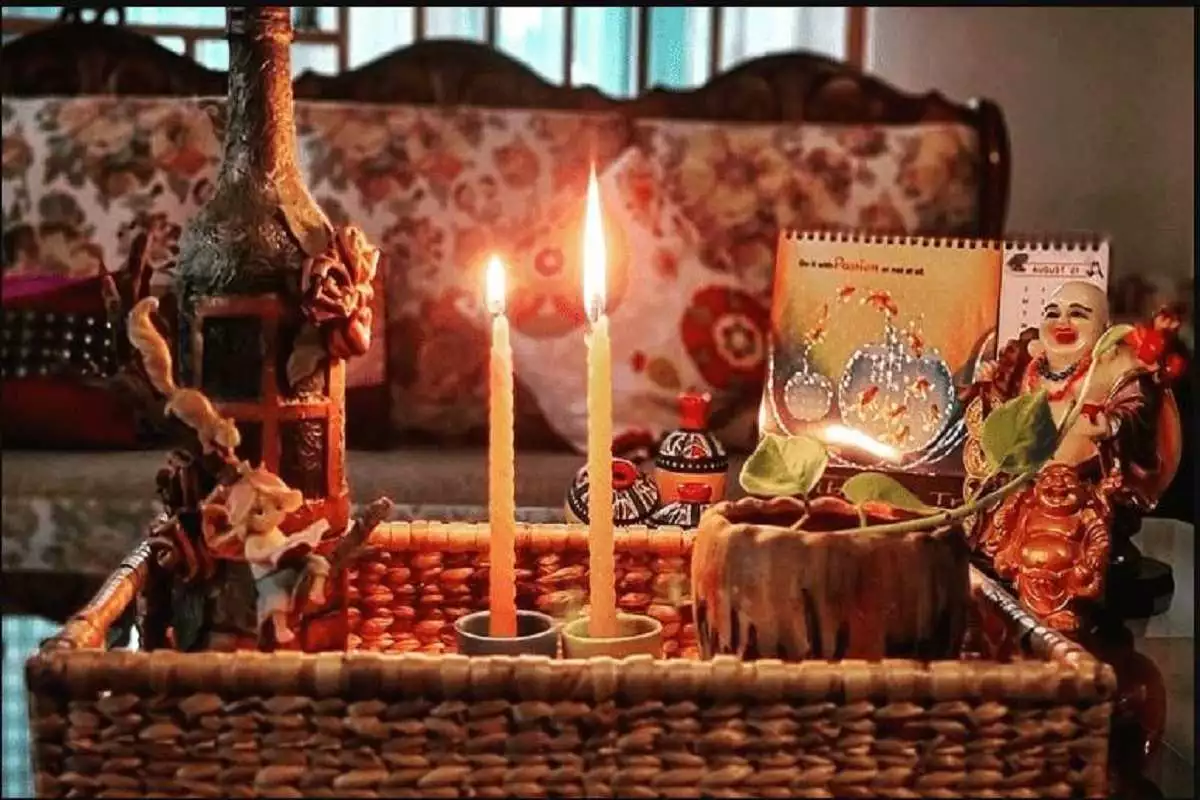
In the heart of North East India, an unlikely and ordinary plant, the water hyacinth, is being transformed into extraordinary art and craft. Often considered an invasive weed, this aquatic plant grows abundantly in the region’s water bodies. However, thanks to the vision of Paulmie Gogoi and Dr. Tanushree Devi, these weeds are receiving an artistic and sustainable reincarnation.
Gogoi and Dr. Devi have established Woven Tales of North East, an initiative that employs local artisans—primarily women—to craft exquisite products from the water hyacinth. Their venture is centered in Nagaon, a quaint town situated 120 km from Guwahati. Here, two clusters of artisans, each boasting around 60 women, meticulously turn water hyacinths into art.
The process is as meticulous as it is sustainable. Only the stems of the water hyacinths are utilized. They are carefully collected, thoroughly dried, and eventually transformed. From this unlikely raw material, the artisans create an impressive array of sustainable products that boast the exquisite, unique charm of handmade art.
Though water hyacinths are often dismissed as pesky weeds, in the hands of these skilled women, they metamorphose into baskets of varied shapes and sizes, each radiating a rustic allure. But the creativity doesn’t stop there. This initiative also produces handbooks and notebooks, where the pages are made of recycled paper and the covers proudly display the water hyacinth’s unique texture and patterns. The lineup also features gift boxes and tissue boxes, each item carrying a story of its own.
What makes Woven Tales of North East particularly significant is not just its innovative use of water hyacinths. It’s also its commitment to empowering local women by providing them with a source of income, a creative outlet, and a sense of identity. These women artisans are not just crafting objects; they’re weaving tales of their resilience, resourcefulness, and artistic prowess.
While only the stem of the water hyacinth is currently utilized, Gogoi and Dr. Devi are far from done exploring. They’re in the process of experimenting with other parts of the plant—the leaves and the roots. Who knows what inventive products and art will emerge from their continuous experiments?
The Woven Tales of North East epitomizes how innovative thinking and respect for nature can come together to create sustainability. It teaches us that even in the most unassuming places, potential lurks, waiting to be discovered. The next time you see a water hyacinth, remember the tale of the North East artisans—how they looked at a commonplace aquatic weed and saw an opportunity to create, sustain, and inspire.

















